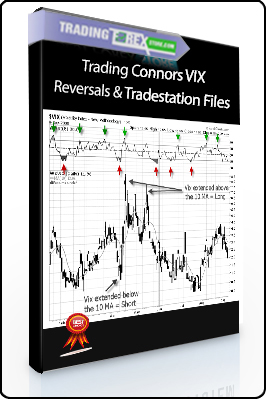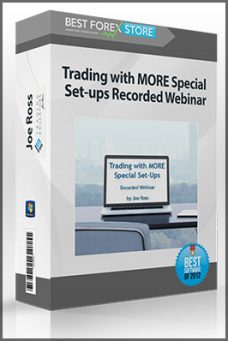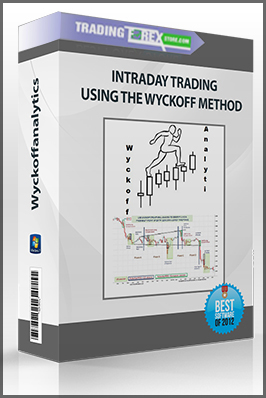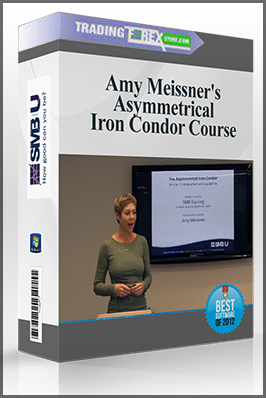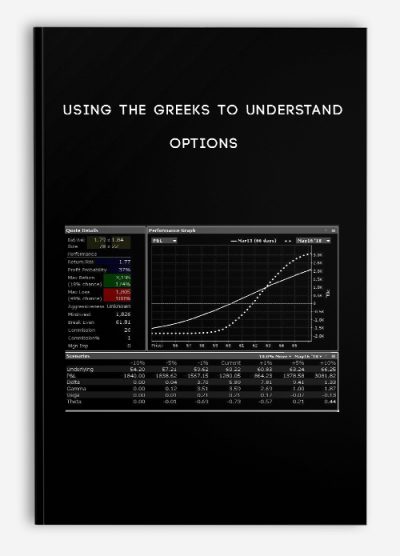
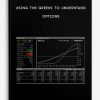
Using The Greeks To Understand Options
$12.00
- Description
Description
Using The Greeks To Understand Options
Get Using The Greeks To Understand Options on bestoftrader.com
Description:
Trading options without an understanding of the greeks would be like trying to fly a plane without the ability to read instruments.
Unfortunately, many traders have never heard of the greeks and yet they jump into options. This puts them at risk later, much like a pilot would experience flying in bad weather without the benefit of instruments. This class is designed to teach you how to trade options correctly. After learning about Delta, Gamma, Theta & Vega, you will be able to put on great trades. You will be able to easily adjust trades that are not working as expected (option repairs). You will be able to understand whether remaining in the trade is good or bad based on the time decay (theta) experienced daily. What could be better than learning how to avoid losses and maximize profits?
The delta of an option will also tell you how likely (statistically) an option is to being in-the-money. In other words, the options market gives you the answers to all of the questions you could possible ask. If a stock is at $50/share. Then you can with the click of a mouse find out how probable it is that the stock would be at 45/share, 50/share or 55/share over the next month! When I first learned what the professional traders know it blew my mind! When taking an option position or setting up an options strategy, there will be risk and reward from the following factors:
Price change (delta)
Changes in volatility (vega)
Time decay (theta)
Who this course is for:
Anyone not interested in Trading/Investing in Financial Markets
Anyone interested in Trading/Investing in Financial Markets
Forex Trading – Foreign Exchange Course
Want to learn about Forex?
Foreign exchange, or forex, is the conversion of one country’s currency into another.
In a free economy, a country’s currency is valued according to the laws of supply and demand.
In other words, a currency’s value can be pegged to another country’s currency, such as the U.S. dollar, or even to a basket of currencies.
A country’s currency value may also be set by the country’s government.
However, most countries float their currencies freely against those of other countries, which keeps them in constant fluctuation.



